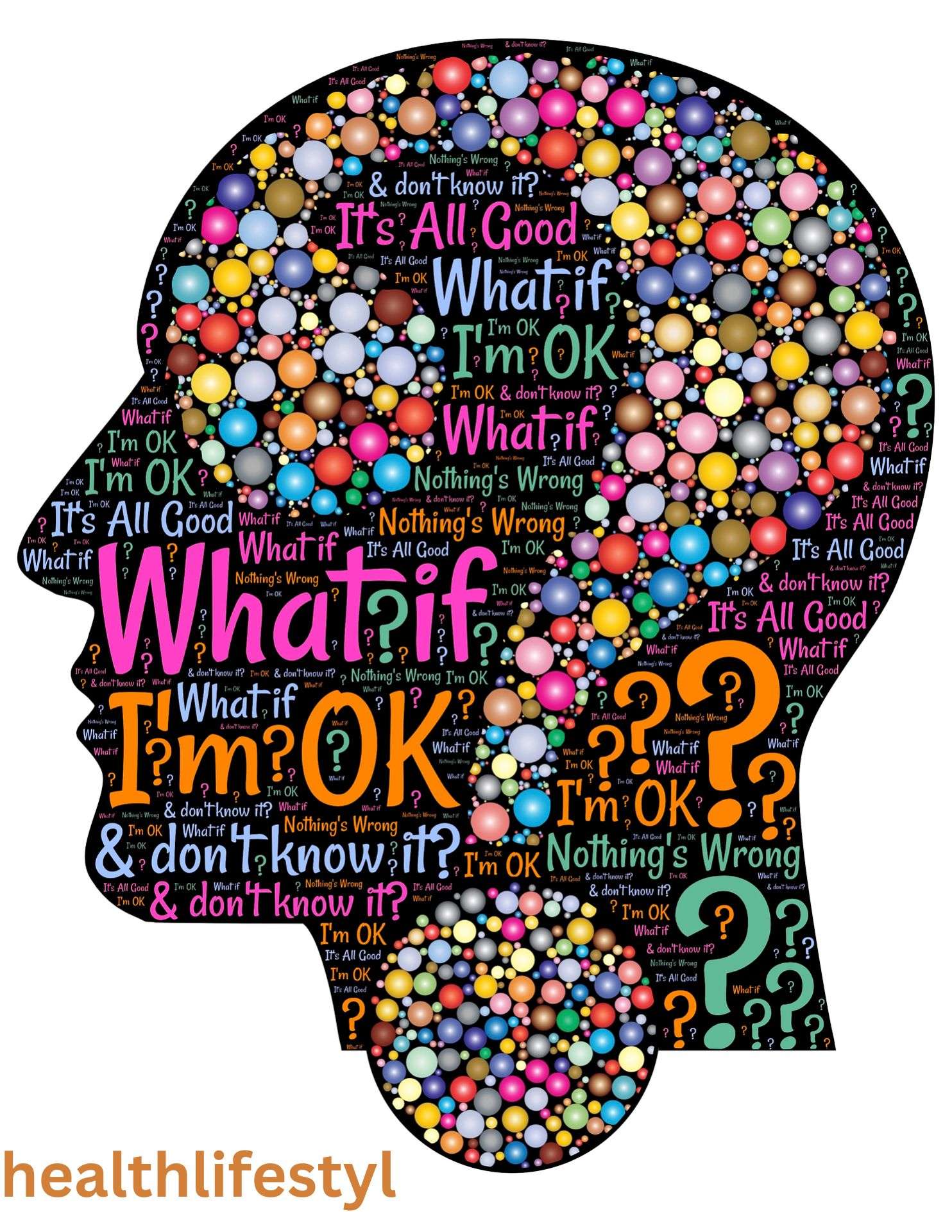I. Introduction: Is Exercise Good for Anxiety? lets find this, Anxiety is a mental health disorder that affects millions of people worldwide. It is characterized by persistent feelings of fear, worry, and stress, which can be debilitating and interfere with daily life. Mental health is an essential aspect of overall well-being, and it is essential to find effective treatments for anxiety. One of the most natural and effective ways to reduce anxiety symptoms is through exercise.

II. How Exercise Good for Anxiety
There are many reasons why exercise is an effective treatment for anxiety. Here are three of the most significant benefits:
- Release of endorphins: Exercise releases endorphins, which are natural chemicals in the brain that reduce pain and boost feelings of pleasure and happiness. This release of endorphins can help to reduce feelings of anxiety and improve overall mood.
- Distraction from negative thoughts: Exercise can act as a distraction from negative thoughts and worries. Focusing on physical activity allows the mind to take a break from anxious thoughts and focus on the present moment.
- Improvement of sleep quality: Anxiety can often interfere with sleep, leading to fatigue and exacerbating symptoms of anxiety. Exercise has been shown to improve sleep quality, which can help to reduce anxiety symptoms.
III. Best or Good Exercise for Anxiety
While any form of physical activity can be beneficial for reducing anxiety, some types of exercise may be more effective than others. Here are four of the best exercises for anxiety:
- Cardiovascular exercises: Activities such as running, swimming, or cycling can be effective at reducing anxiety. Cardiovascular exercise releases endorphins and helps to reduce muscle tension, leading to relaxation and stress relief.
- Yoga: Yoga is a form of exercise that combines physical postures with breathing techniques and meditative practices. It has been shown to reduce anxiety symptoms and promote relaxation and mindfulness.
- Strength training: Strength training can be an effective way to reduce anxiety symptoms, as it helps to reduce muscle tension and promote relaxation. It also helps to boost self-confidence and improve overall physical health.
- Mindful exercise: Mindful exercise includes activities such as walking, hiking, or swimming, which allow individuals to focus on the present moment and connect with their surroundings. These types of exercises can be particularly effective at reducing anxiety symptoms.
IV. Implementing Exercise into Your Routine
Starting an exercise routine can be challenging, especially if you are experiencing anxiety symptoms. Here are some tips for implementing exercise into your routine:
- Starting small and setting realistic goals: Begin with short and manageable workouts and gradually increase the duration and intensity over time. This approach can help to build confidence and prevent feelings of overwhelm or stress.
- Finding a workout buddy: Working out with a friend or partner can provide motivation and accountability, and can make the exercise more enjoyable.
- Incorporating exercise into daily activities: Finding ways to incorporate physical activity into daily routines can make exercise more accessible and sustainable. For example, taking the stairs instead of the elevator or walking to work or school.
- Staying motivated: It can be challenging to stay motivated to exercise regularly, especially if you are experiencing anxiety symptoms. Setting reminders or scheduling workout time in advance can help to keep you on track.
V. Conclusion
Exercise is a natural and effective treatment for anxiety symptoms. It can help to release endorphins, distract from negative thoughts, and improve sleep quality. Incorporating exercise into your routine may take some effort, but it is a worthwhile investment in your mental health. By starting small, finding a workout buddy, incorporating exercise into daily activities, and staying motivated, you can reap the benefits of exercise for anxiety relief. Give it a try and see how it can improve your mental and physical well-being.
FAQ’S
Relationship btw Exercise and Anxiety?
When it comes to managing anxiety, exercise can be a powerful tool. Not only can it provide a healthy distraction from negative thoughts, but it can also help reduce stress levels and improve overall mood. But how exactly does exercise affect anxiety, and what types of exercise are best for those struggling with this mental health condition? In this article, we will explore the relationship between exercise and anxiety and provide tips on incorporating physical activity into your daily routine.
What is anxiety?
Anxiety is a common mental health condition that affects millions of people worldwide. It is characterized by excessive worry or fear that can interfere with daily life. Some of the most common symptoms of anxiety include restlessness, irritability, difficulty concentrating, muscle tension, and sleep disturbances.
Does exercise good for anxiety?
Exercise has been shown to have a positive impact on anxiety in several ways. First, it increases the production of endorphins, which are natural chemicals in the body that help reduce pain and increase feelings of pleasure. Endorphins can also help reduce stress levels, which can be particularly helpful for those with anxiety.
In addition to endorphins, exercise also increases the production of neurotransmitters like serotonin and norepinephrine. These chemicals are associated with improved mood and can help reduce symptoms of anxiety and depression.
Exercise can also help improve self-esteem, which can be particularly beneficial for those struggling with anxiety. By setting and achieving fitness goals, individuals may feel a sense of accomplishment and pride, which can help improve overall mood and reduce feelings of anxiety.
What types of exercise good for anxiety?
Any type of physical activity can be beneficial for those with anxiety, but some types may be more effective than others. Activities that combine physical movement with mindfulness, such as yoga and tai chi, can be particularly helpful for reducing anxiety.
Aerobic exercise, such as running, cycling, or swimming, can also be effective for reducing symptoms of anxiety. These types of exercises increase heart rate and circulation, which can help improve mood and reduce stress levels.
Strength training, such as weightlifting or resistance band exercises, can also be helpful for managing anxiety. These exercises help improve overall physical fitness and can increase self-esteem, which can have a positive impact on anxiety levels.
How often should I exercise to manage anxiety?
The frequency of exercise needed to manage anxiety can vary from person to person. However, research suggests that regular physical activity can have a significant impact on anxiety levels. Aim for at least 30 minutes of moderate exercise most days of the week, or as advised by a healthcare professional.
How do I start incorporating exercise into my routine?
Starting an exercise routine can be challenging, especially for those with anxiety. It’s important to start slowly and gradually increase the intensity and duration of exercise over time.
Begin by incorporating physical activity into your daily routine in small ways, such as taking a short walk after dinner or doing a few minutes of stretching in the morning. From there, you can gradually increase the amount of exercise you do each day.
It’s also important to choose activities that you enjoy and find fulfilling. This can help improve motivation and make it more likely that you will stick to your exercise routine over time.
